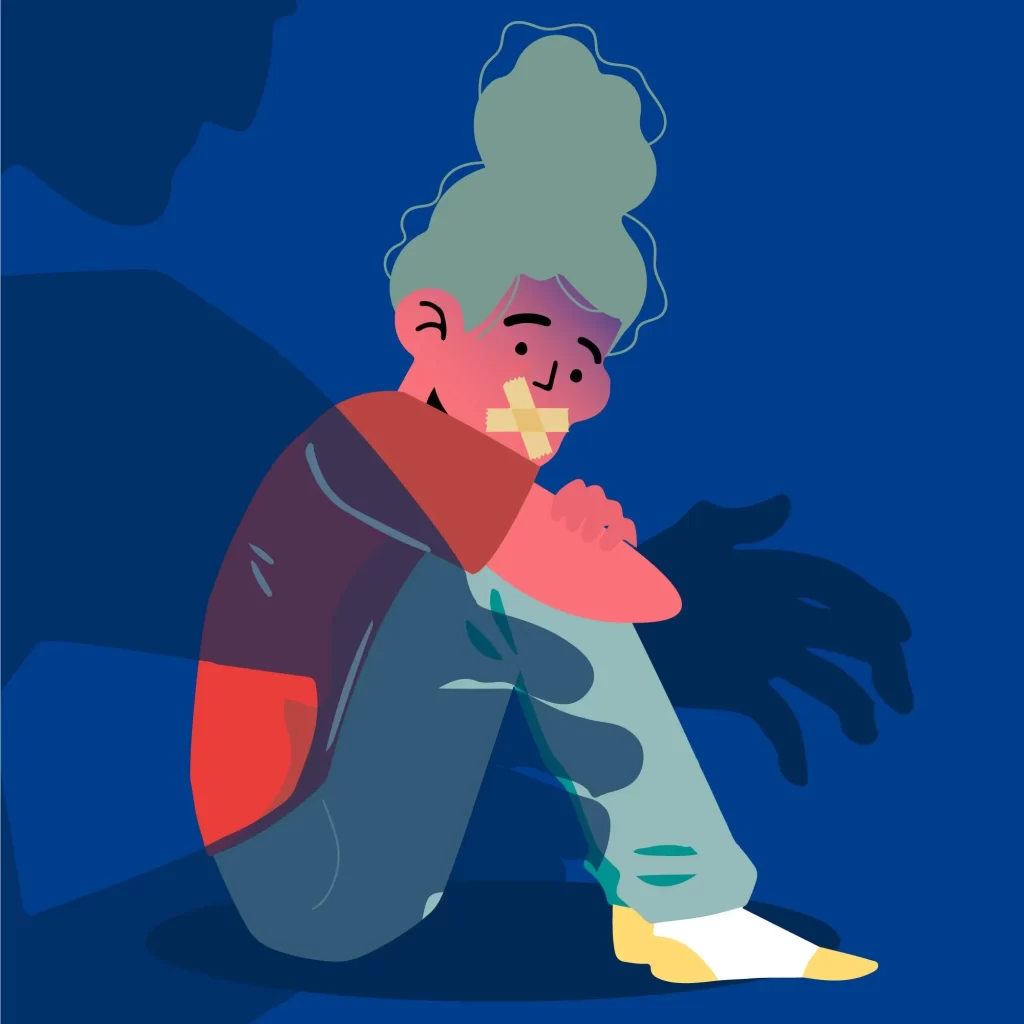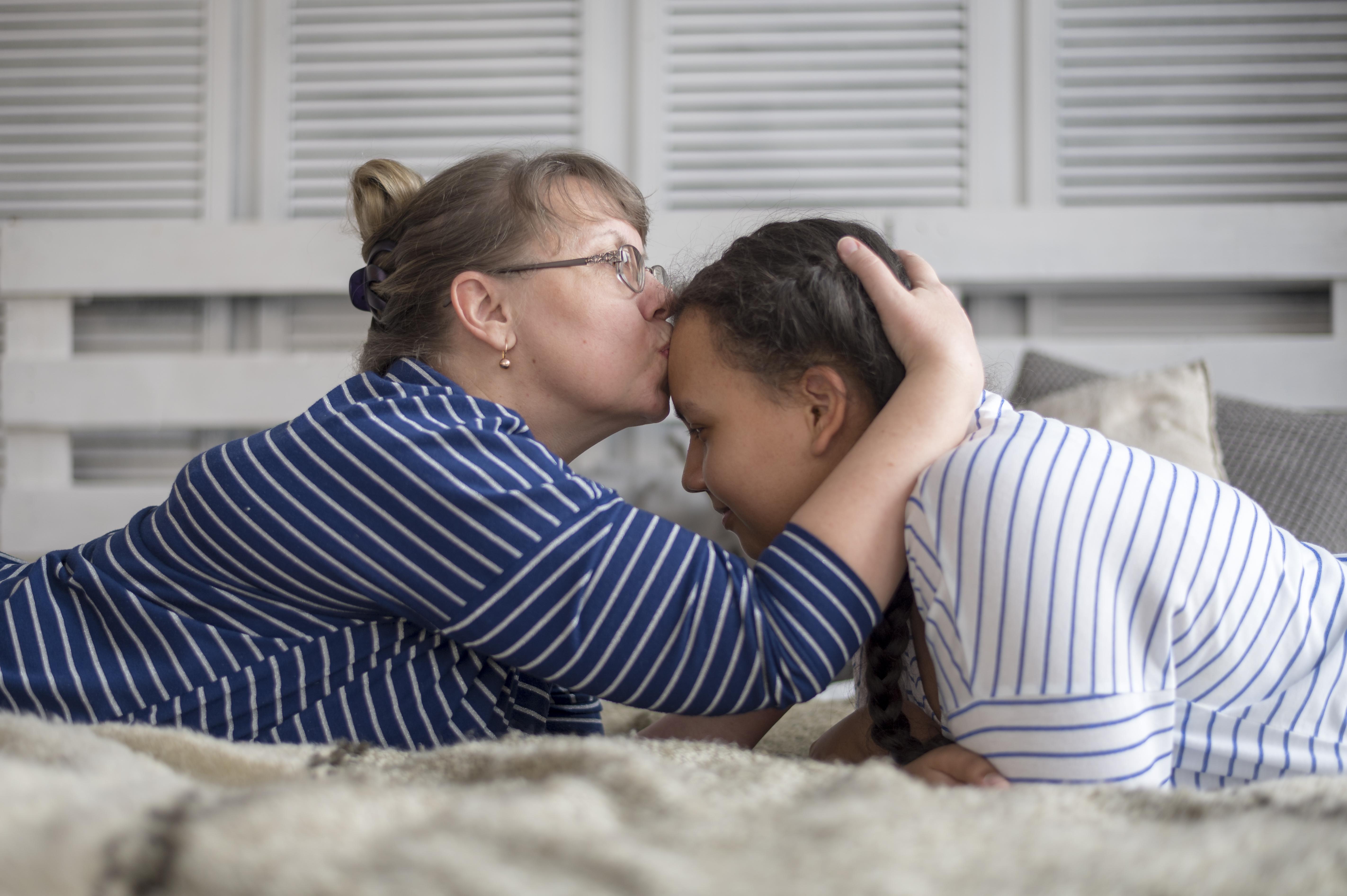
Individualised Education Plans (IEPs)
Individual Education Plans (IEPs) are more than administrative documents—they are formal declarations of a student’s right to access education without discrimination. In British Columbia, an IEP is meant to ensure that students with disabilities receive the accommodations, supports, and modifications they need to learn in a way that reflects their strengths, needs, and dignity. But in practice, IEPs are often delayed, disregarded, or implemented unevenly. Some families wait months before support begins. Others are told their child is “not eligible” despite clear diagnoses. Too many students are punished—formally or informally—for behaviour linked directly to unmet support needs. This section gathers posts, tools, and analysis related to IEPs in BC schools: what they are, how they work, and how schools sometimes weaponise or withhold them. Here, you’ll find real stories from parents navigating the system, rights-based explanations of the law, and strategies for ensuring your child’s plan is not just written—but respected.
-
The scarcity script: how manufactured famine shapes public education
British Columbia’s public schools are not suffering from a natural shortage—they are operating under a system of manufactured scarcity. This blog explores how austerity, rationing logic, and institutional self-preservation create harm for disabled students and their families. Drawing on thinkers like David Graeber, Wendy Brown, Ruth Wilson Gilmore, and Mariana Mazzucato, it reveals how scarcity…
-
The price of being the one who says the hard thing
There is a moment that plays out in a thousand variations—at school pickup, on the playground, during track and field events—when a parent turns to you, warm and casual, and says, “How are things?”, and for the briefest fraction of a second, you forget the rules and answer honestly. You begin to speak—not with rehearsed…
-
Rethinking accessibility leadership, training, and labour in BC public education
In accessibility work, most transformative insights come directly from disabled people. Lived experience is primary data; manuals and metrics are, at best, secondary literature. In schools, teachers are experts in pedagogy, yet few are trained in disability or neurodivergence. That absence is not incidental—it is engineered, and the consequences are everywhere. The current failure—and promise—of…
-
Grievability and legitimacy in BC Schools
Disabled children are being pushed out of public education—and their families are picking up the pieces. This post examines who is seen as worthy of support, what it costs when systems abandon care, and why the quiet exodus from schools is not a choice, but a failure of justice.
-
You’re not wrong: reflections on motherhood and advocacy
This piece is for the mothers who have become unrecognisable to themselves in the crucible of advocacy—those who perform calm while their bodies tremble with rage, who write polite emails through tears, who scream in the car and smile in the meeting. It is for the women whose clarity was framed as aggression, whose persistence…
-
The ABCs of regressive punishment
Discipline in schools is rarely neutral. For neurodivergent students, it often takes the form of quiet harm—masked as structure, delivered as shame. From exclusion and forced apologies to behaviour charts and the denial of recess, regressive punishment practices remain embedded in our classrooms. They don’t teach accountability. They teach fear, isolation, and the high cost…
-
Neurodiversity-affirming IEP goals that build accountability and reduce burnout
When classrooms become overwhelmed, the strain doesn’t just fall on adults—it radiates through the entire learning environment. Neurodivergent students, in particular, often act as emotional barometers—canaries in the classroom. They feel the tension, chaos, and unpredictability more acutely than their peers. When co-regulation breaks down, or when expectations are unclear, these students are often the…
-
“Urgent: Third Request” — what to do when schools ignore your emails
You write the email. You name the problem. You describe, in detail, what your child is experiencing and what they need to be able to participate. You’re respectful, clear, and solution-focused. And then—you wait. For many families, especially those raising disabled or neurodivergent children, this scenario is far too familiar. The moment you speak up—especially…
-
Recent BCHRT decisions expose systemic failures
After reading through a couple of of the recent BC Human Rights Tribunal findings, here are some thoughts: Ongoing delays erode trust Several rulings show how procedural deadlines and scheduling gaps thwart families seeking essential supports. In one decision the Tribunal dismissed parents’ allegations about inadequate consultation and discontinued specialist services because the events in 2017 and 2018 fell…
-
The slow boil: delayed support and collective punishment
I think a lot about lobsters, wrestled from the sea and placed in cold water that slowly heats—do they wonder if it’s getting hot in there? How do they decide where the line is and begin to panic? Is it a thought or pure instinct? In kindergarten, my son arrived with a history of trauma…









